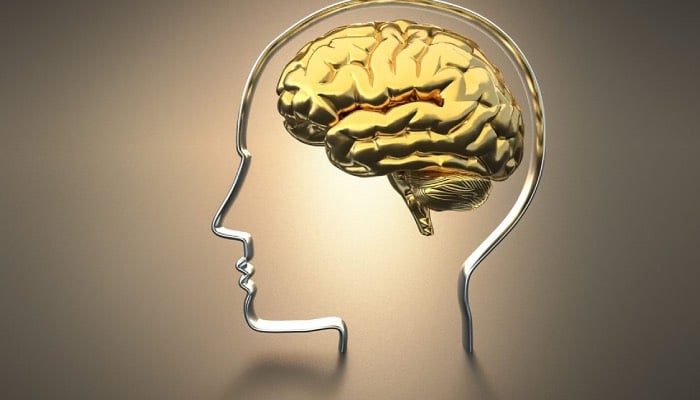
The recent study reveals surprising fact that the the brain keeps at least three different versions of each memory.
This study, done on rodents, focuses on the hippocampus, a crucial area for memory and learning.
It found that neurons in this region create multiple copies of memories, each with varying levels of strength and stability, which explains why memories can change over time.
The research reveals that different types of neurons encode these memory copies.
Role of neurons:
Early-born neurons make the initial long-term memory copy, which starts off weak but becomes stronger over time.
Middle-ground neurons create a more stable version right from the start, while late-born neurons produce a memory that is initially strong but weakens more quickly.
Implications for memory-related disorders:
These findings could significantly impact the treatment of memory-related disorders.
For conditions like PTSD, where memories can be distressing, therapies might focus on late-born neurons to reduce the emotional impact of traumatic memories.
For dementia, stimulating early-born neurons could help improve memory retention and slow memory loss.















